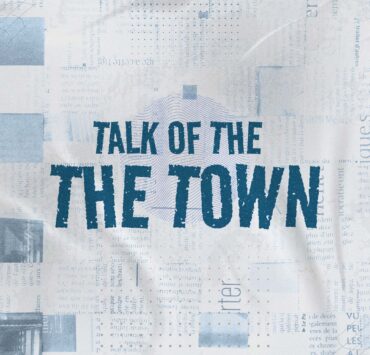We should keep on writing love letters, even with no receiver

Have you ever written a love letter to someone who would never read it? Letters, even when undelivered, have souls of their own, feelings frozen in time, sealed in ink and silence.
Once upon a time, people bled their hearts onto paper. They folded them into envelopes, kissed the flap shut, and trusted the wind and the postal system to carry their longing across oceans and borders. Each letter was a leap of faith, that words could travel where the body could not, that paper could hold a pulse, that love could survive distance, delay, or even death.
Now, we live in an age of instant messages, “seen” notifications, and vanishing stories. Our words no longer linger; they expire after 24 hours. The love letter, once a ritual, a heartbeat, now feels like a relic from a slower, more deliberate world.
The post office still stands, but no longer for love.
Its walls echo with the ghosts of unsent confessions and forgotten goodbyes, the sighs of soldiers who never made it home, the whispers of lovers who waited by windows for letters that never came. Somewhere, in some old storage room, there might still be a stack of envelopes addressed to no one, love stories trapped in transit, waiting for hands that will never open them.
Across war-torn nations and quiet towns alike, countless letters remain unclaimed, apologies without replies, goodbyes without returns, promises sealed but never fulfilled. And yet, those words, suspended in envelopes, still breathe. Love, after all, has its own afterlife.
The 2018 anime special, a 34-minute film streaming on Netflix, captures this language of loss. Violet, an “auto memory doll,” writes letters for people who cannot express their feelings. In this story, she’s asked to compose a song for an opera singer mourning her deceased lover.
What she creates isn’t just a song, it’s a love letter with no receiver, a melody that drifts between the living and the dead. A message addressed to absence itself.
At the film’s end, the song becomes a requiem for enduring love: “Just listening quietly to the wind in the sky together. You’re no longer here with me, but the words I’ve written over and over have flown as if they were feathers and disappeared. Love is always in a sunshine-filled place.”
It’s a haunting reminder that even unsent letters carry weight. Words can outlive their destinations. Handwriting can pulse like a heartbeat left behind.
Today, we post, tweet, and react instantly, but rarely pause to feel. We have perfected communication, but in doing so, we have forgotten connection.
“Violet Evergarden” hurts so beautifully because it reminds us that to write is to feel twice: once when we live it, and again when we put it into words.
Maybe that’s why people still write letters they never send, to confess without consequence, to remember without reopening wounds, to love without needing to be loved back.
So if you cannot say the words, write them. If the one you love can no longer reply, write still. Because love, even unanswered, always finds a way to return, quietly, eternally, between the lines.
MELBEN JOCHICO,
melbenjochico@gmail.com
For letters to the editor and contributed articles, email to opinion@inquirer.net

















Wealth, power, and the Filipino future